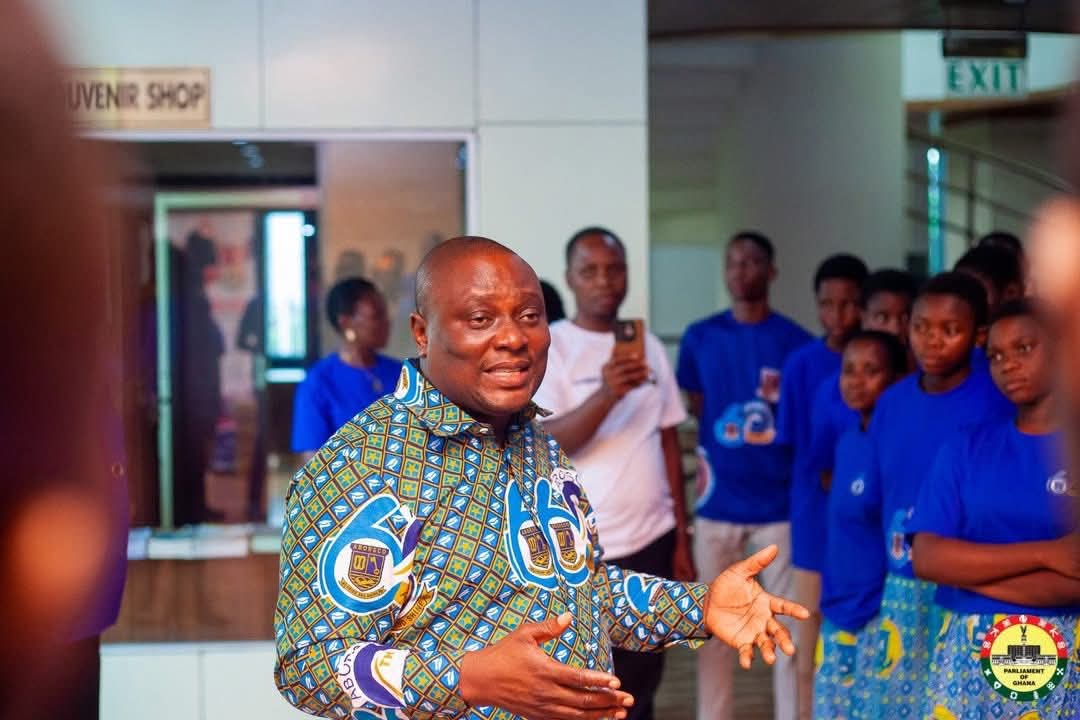Former President John Dramani Mahama has launched a new national programme dubbed Feed Ghana, designed to enhance local food production, create employment opportunities, and reduce the country’s dependency on imported food.
The initiative, locally referred to as Yeridua, was officially launched in Techiman in the Bono East Region on Saturday, April 12, 2025.
Addressing the gathering, Mr. Mahama emphasized the programme’s practical, hands-on approach to agriculture, with a strong focus on community, school, and household participation.
“We’re investing in greenhouse farming and urban agriculture, but also going back to basics,” he said. “Every household will be encouraged to grow food for their own consumption.”
He urged families to take up backyard gardening, highlighting the benefits of cultivating everyday vegetables like onions, okra, tomatoes, and garden eggs. He explained that this could lower household food expenses and improve nutrition.
Drawing inspiration from the 1970s “Operation Feed Yourself” campaign, Mr. Mahama recalled how families used to maintain home gardens. “Back then, if you wanted to cook, you didn’t need to go to the market. You just stepped outside and harvested what you needed for your soup,” he said.
The Feed Ghana programme also includes plans for Senior High Schools with available land to grow crops and raise livestock to support their kitchens and supplement school feeding.
“You’ll raise vegetables and rear animals such as goats and cows. This will improve students’ meals and help them see agriculture as a valuable career path,” he explained.
Other institutions like the National Service Scheme, Ghana Prisons Service, and the National Youth Employment Agency will be engaged in the initiative. Mr. Mahama also acknowledged interest from religious organisations eager to join the effort.
A key part of the project is the revival of Ghana’s poultry sector. Under this, 50 lead farmers will receive government support to raise four million birds—translating to around 10,000 metric tonnes of chicken. Additionally, 55,000 households will each be supported to rear 500 birds per year.
“Ghana spends nearly $400 million annually on imported chicken. That’s something we need to change,” Mr. Mahama said. “This project is a major step in that direction.”
To help implement the programme, 5,000 agricultural and veterinary science graduates will be deployed nationwide to support schools, communities, and institutions. As new roles open in the public sector, they will be absorbed into permanent positions.
Other components of Feed Ghana will focus on crop and livestock farming, including grains, legumes, and vegetables.
Mr. Mahama concluded by saying the long-term vision is to rebuild Ghana’s self-reliance and establish a sustainable food system that serves both rural farmers and urban families.
“This is about making farming a daily part of our lives and learning to feed ourselves again,” he said.





































